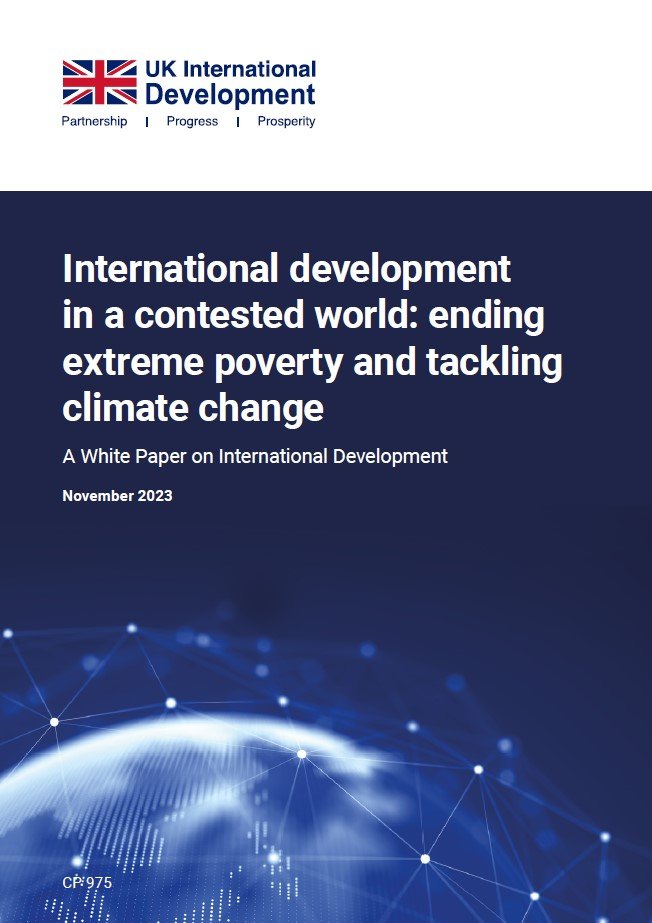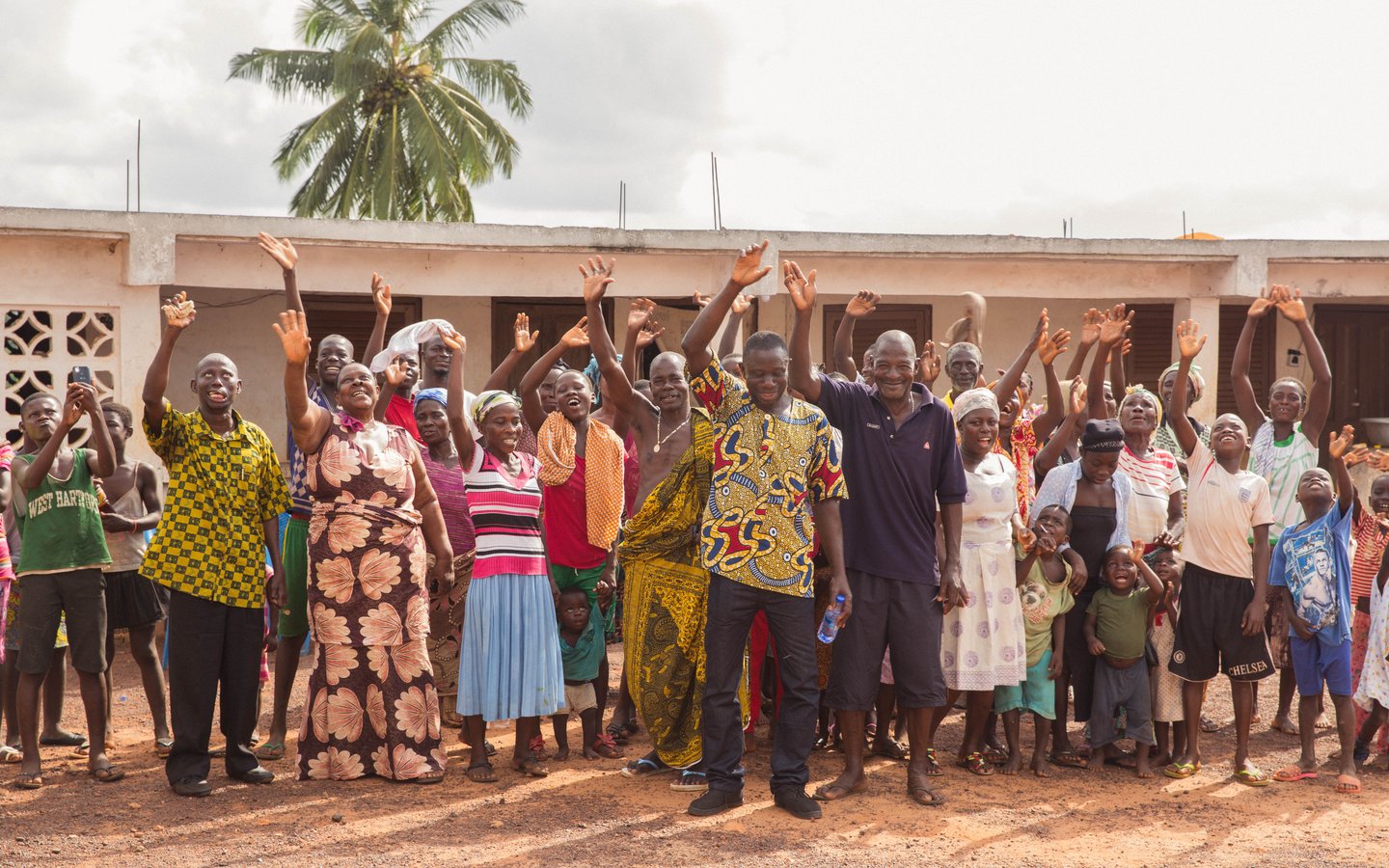Uniting to Combat Neglected Tropical Diseases (NTDs) welcomes the release of today’s (20 November 2023) ‘International development in a contested world: ending extreme poverty and tackling climate change’ White Paper from the UK Government’s Foreign, Commonwealth & Development Office (FCDO).
This paper has put the Sustainable Development Goals (SDGs) back into focus, with ‘leaving no one behind’ as the guiding principle to delivering development.
We are pleased to see the priorities of fostering strong partnerships and working towards a more inclusive locally-led approach to development, values which align with the Kigali Declaration on NTDs.
We look forward to working collaboratively with the UK on ensuring they deliver this ambitious paper.
Tackling NTDs means benefitting the SDGs and reducing poverty
NTDs predominantly affect regions and populations with the greatest needs for development and they are formally recognised as targets for global action in SDG target 3.3, which calls to “end the epidemics of... neglected tropical diseases” by 2030, as part of Goal 3 (Ensure healthy lives and ensure well-being for all at all ages).
In addition, NTDs create cycles of poverty, so eliminating NTDs can help to reduce extreme poverty (Goal 1). A recent study by Deloitte showed that if Nigeria met its NTD elimination targets by 2030, it could add $19 billion to its economy. Modelling from The Economist Intelligence Unit showed that by eliminating two NTDs, Ethiopia, Kenya, Rwanda and Zimbabwe would collectively gain over US$5 billion to their GDPs. Most of these economic gains are due to productivity increases so are borne by the people and communities impacted by NTDs. This is further supported by studies showing significant increases in earning potential of individuals treated for NTDs. The out-of-pocket expenditure and lost wages due to NTDs alone is thought to be $33 billion.
The strong link between tacking NTDs and development means investing in NTDs has wide reaching benefits across other SDGs too including hunger (Goal 2), enabling people to pursue an education (Goal 4), lead productive working lives (Goal 8), and promoting equality, for example with regards to gender (Goals 5 and 10). Progress towards other SDGs further accelerates the achievement of NTD goals.
With interventions to prevent and control NTDs as one of the ‘best buys’ in global health offering wins for donors and affected communities alike, we would encourage sustainable financing towards NTDs as a priority to boost development, achieve the SDGs, and help deliver the goals within today’s UK FCDO White Paper.
Read the White Paper in full on the FCDO website.

